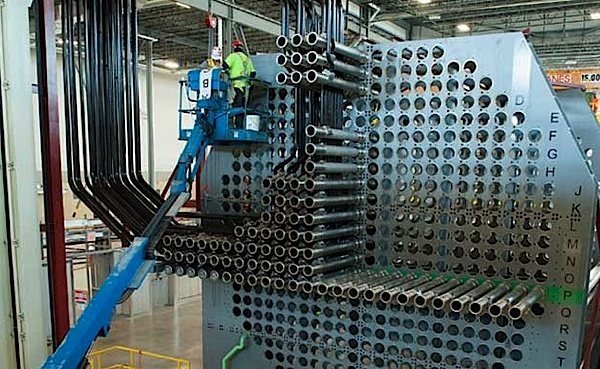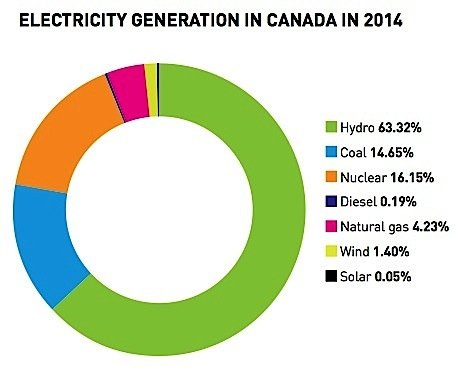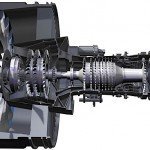
Canada’s nuclear industry hopes that the federal government will take up its cause and support it as a clean energy source at the upcoming Paris climate talks. The CEO of the Canadian Nuclear Association (CNA), Dr. John Barrett, said in a statement today that Canada should ensure that any “decisions or protocols” coming out of the Paris meetings recognize nuclear energy as a low-carbon solution to combat climate change.
Barrett held up Ontario and New Brunswick as examples of modern complex economies meeting their electricity needs with a low-carbon mix. Ontario currently derives 62 per cent of grid-delivered electricity from nuclear generating plants. Another 24 per cent comes from hydro, and 4 per cent from wind. Ontario was able to end its use of coal-powered generation because of the availability of nuclear, he said. New Brunswick relied on nuclear power for 31 per cent of its electricity in 2014. The ”nuclear foundation” enables solar and wind technologies to “integrate progressively” into the electricity system, said Barrett.
In arguing its case, the CNA points to the American commitment to nuclear power as a climate change-fighting strategy. After a summit on nuclear energy earlier this month, the White House stated that both newly developing and existing nuclear technologies remain important components of its clean energy strategy going forward.
The International Energy Agency (IEA), meanwhile, has stated that the use of nuclear energy has avoided 56 gigatonnes of greenhouse emissions since 1971, the equivalent of nearly to years’ worth of global GHG emissions.

The IEA has further claimed that doubling the world’s nuclear-generated electricity by 2040 would help limit the rise in average global temperature to the target of 2 degrees Celsius about pre-industrial levels. Nuclear-generated electricity is “essential” to slowing and even stopping climate change, according to the IEA.
There is also the important economic incentive to consider. Canada is among the few countries in the world that can mine uranium, produce nuclear fuel, design and operate “world-leading” nuclear reactors and advance nuclear science, all while managing nuclear operations safely and reliably. With 60,000 Canadians employed in nuclear-related jobs, the benefits of the $5 billion industry improve all of our lives, says the CNA.
“Nuclear energy is clearly part of the solution,” said Dr. Barrett. “Not only does it help reduce carbon dioxide emissions, but it also provides better energy security, affordable electricity, clean air, and opportunities to advance economic development.”
There are currently 72 new nuclear reactors under construction in 16 countries. A further 92 reactors are planned. There are 19 reactors operating in Canada, most of them in Ontario.

































